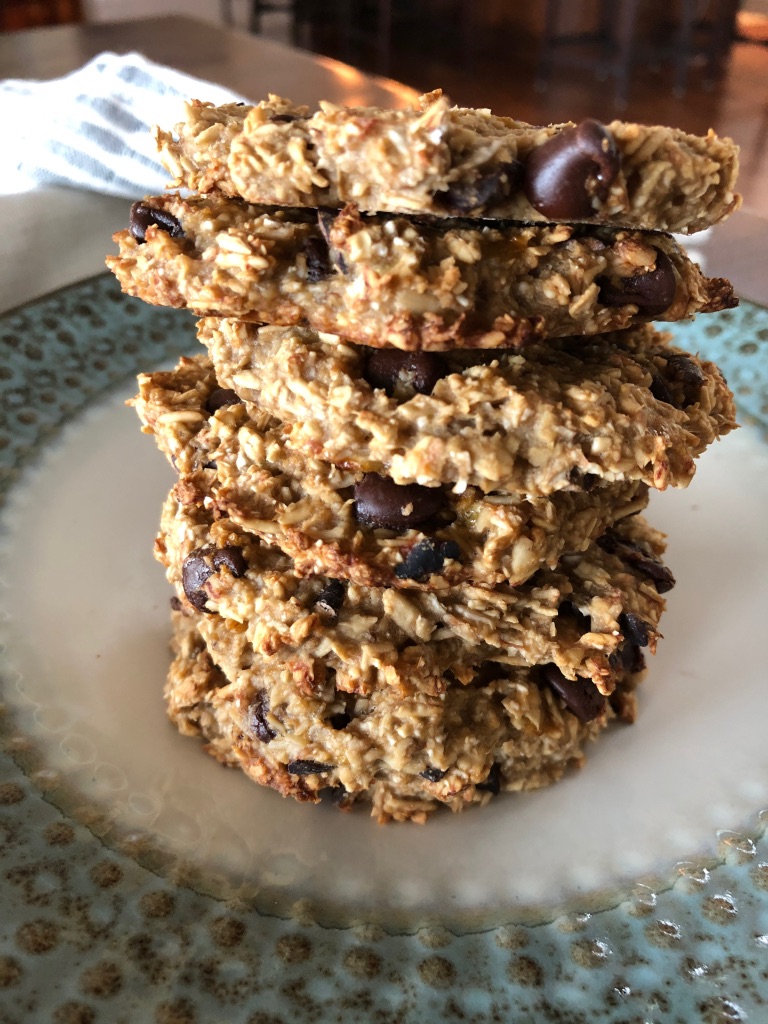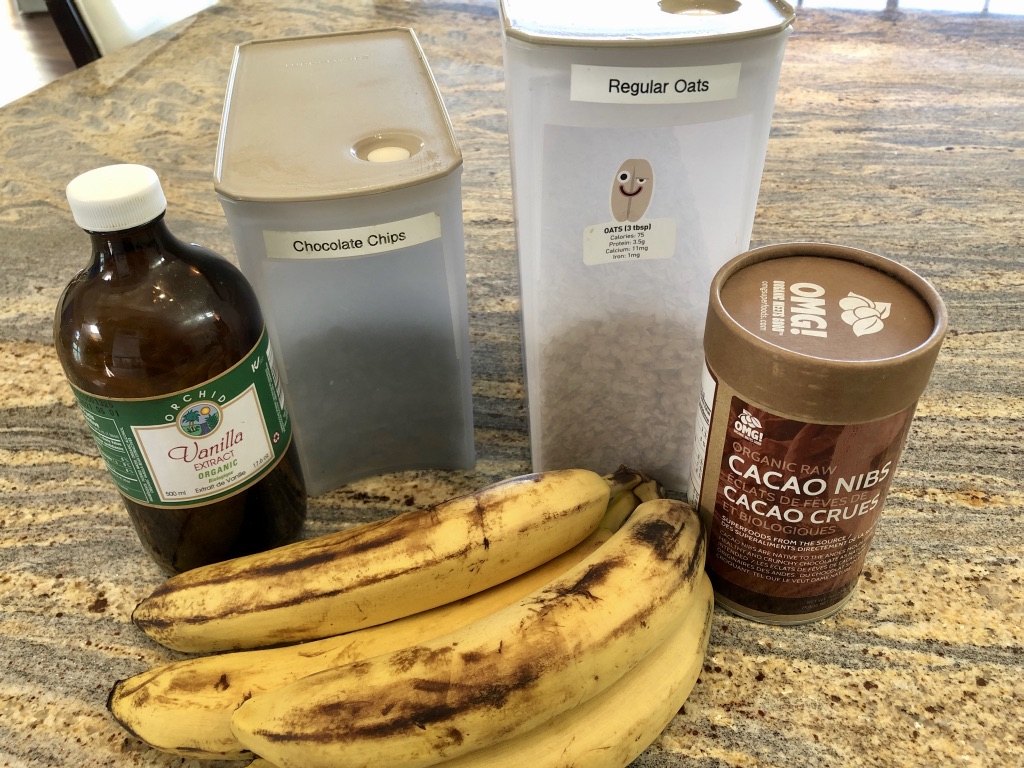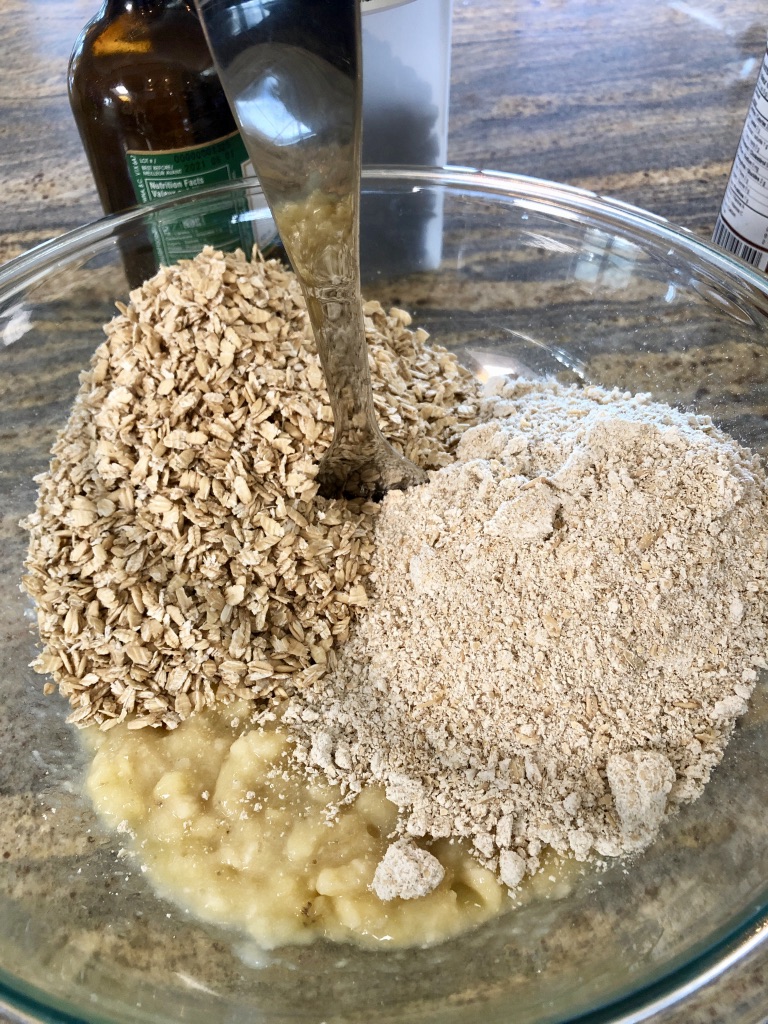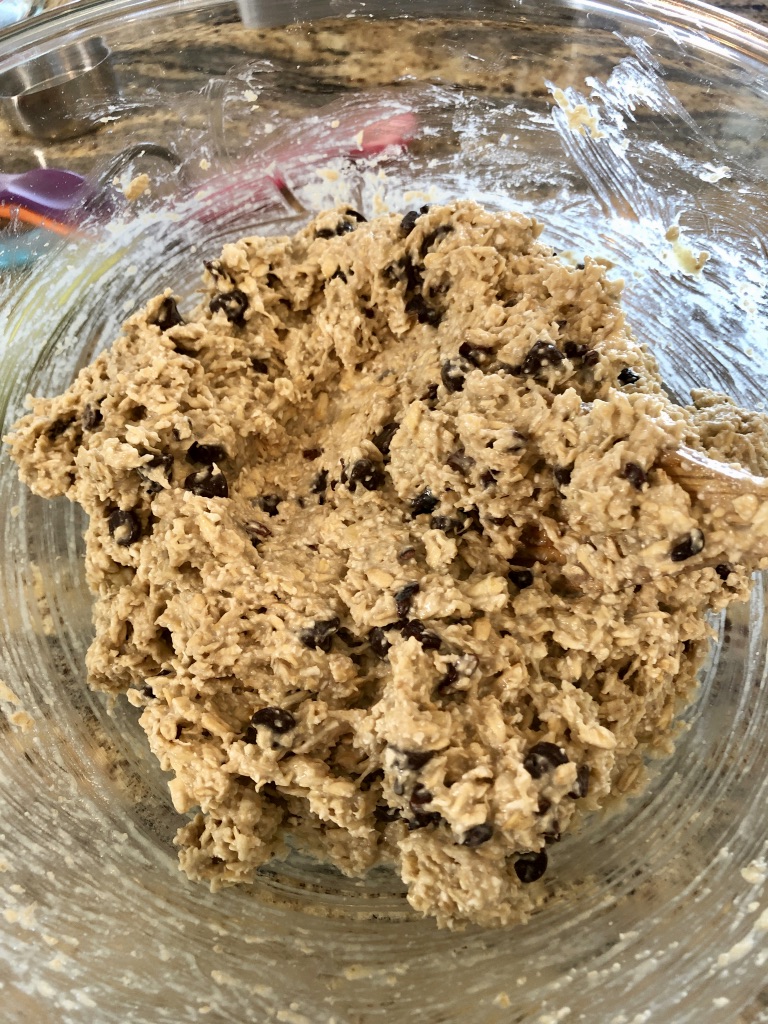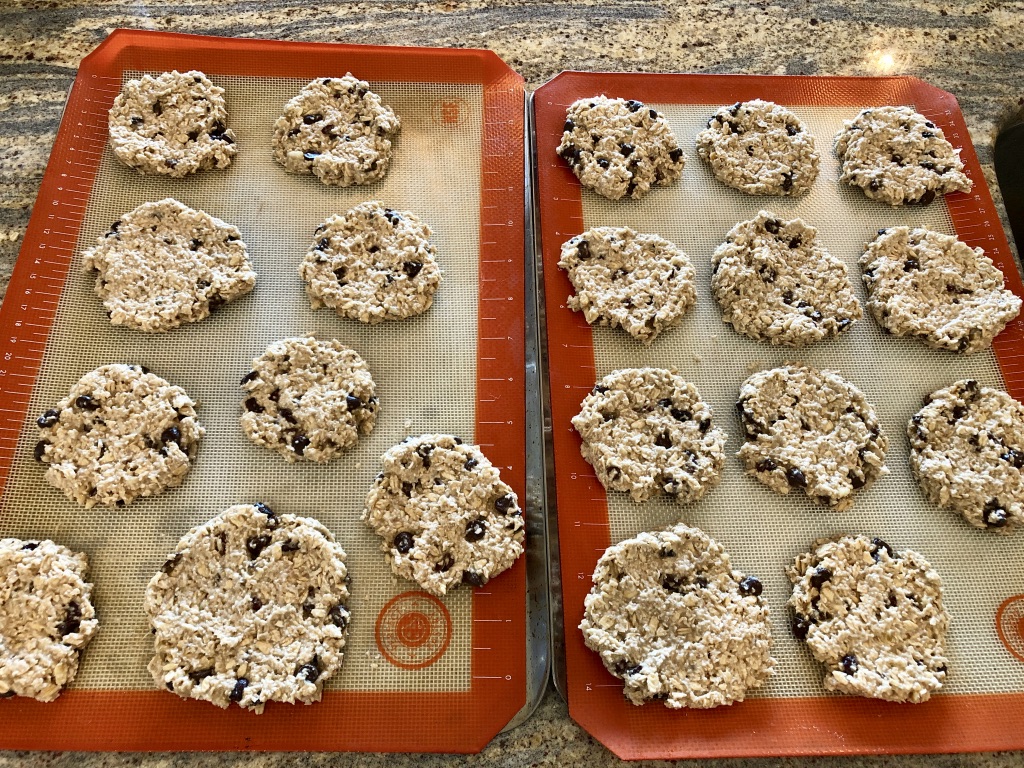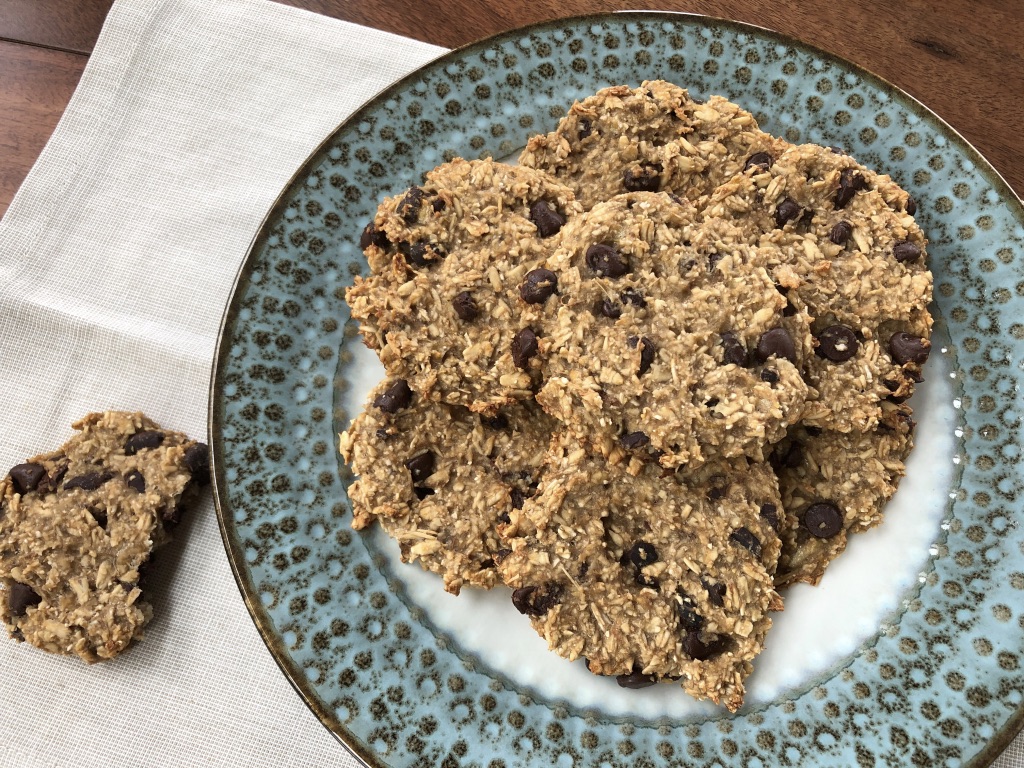While at the Remedy Food Conference last weekend, we experienced what it is like to eat fully whole food plant-based while also adding in the element of no added sugar, oil or salt. (Also known as the S.O.S. free diet.) I know, you are probably thinking, “What! Seriously, what else can you take away!!??” No meat, no fish, no dairy, no eggs… nothing with a mother or a face… and now you’re suggesting that I don’t eat sugar, oil and salt?! Well, I’m thinking it’s something to consider. Below, I will tell you why.
The S.O.S. Diet: This type of diet is often followed by people who are working hard to recover from diseases such as diabetes or heart disease, or by those who are proactively eating to prevent them.
This past weekend at the Remedy Food Conference, drove home the concept that added oil is really NOT good for our bodies. The olive and coconut oil industries, as well as paleo and ketogenic advocates, have perpetrated the idea that oils are healthy. The mediterranean diet has been glamorized as a clean, heart healthy lifestyle through its emphasis on eating foods such as fish, fruits, vegetables, beans, high-fibre breads and whole grains, nuts, and … olive oil.
Numerous doctors, including Dr. McDougall, and Dr. Esselstyn, Dr. Klaper and Dr. Popper, teach that there is a strong association between added oils and heart disease. Here is a link to cardiology specialist, Dr. Esselstyn’s article on oil in the International Journal of Disease Reversal and Prevention.
This video by Dr. Klaper explains in 3 minutes why we need to be careful with salt, oil and sugar.
Studies show that it is the high amount of plant foods and very little meat, sweets and cheese, not the oil, that make the mediterranean diet so healthy.
Julieanne Hever, M.S., R.D., C.P.T. , also known as The Plant-Based Dietitian, did a deep dive into the mediterranean diet while writing her book called “The Vegiterranean Diet”. She found that this diet is healthy in spite of the oil NOT because of it.
Below, Julieanna explains in 4 minutes why oil is not good for us…
- Oil= 2000 calories /cup or 120 calories/tablespoon
- Oil is filled with omega 6s that we get too much of in our diets.
- Oils become rancid easily and it is not always easy to recognize it. Oil that becomes rancid increases free radicals in the body… and that is not healthy for us.
- When you extract the oil from olives, for instance, you take out a lot of the nutrients and all of the fibre.
Becoming sugar, oil and salt free is certainly a huge leap in the right direction and is a diet that I strive to achieve whenever possible. It is actually quite astounding how amazing the food can taste prepared in this manner.
Oil:
It becomes all about using interesting herbs and spices to substitute for the salt. Instead of oil; using liquids such as applesauce or bananas in baking, or when cooking, using veggie broth to replace oil for frying. Oil causes damage to the endothelial cell walls of your coronary arteries which leads to hardening of the arteries. The fats you eat are the fats you wear. Each gram of fat is 9 calories. There are 120 calories in one tablespoon of fat and it has next to no nutritional value.
Sugar:
To substitute regular sugar, like cane sugar, try substituting molasses or date paste or date sugar (which is just dried and ground dates). These are the healthiest options according to Dr. Michael Greger. Below is a short video rating the nutrition in various sweeteners. You might be surprised.
Too much sugar in the body causes beta cell burnout. Over time, high blood sugar causes; heart disease, diabetes, strokes, blindness, Alzheimers, depression and many other diseases. Sugar also causes inflammation in the body and it accelerates the aging process. According to the World Health Organization, the upper limit of teaspoons of added sugar we should consume per day of is six. The average middle aged person is consuming 16 teaspoons per day in North America. According to Dr. Michael Greger, that adds up to approximately 160 pounds of sugar each year. Yikes.
Salt:
The next of the 3 foods that we need to keep an eye on is added salt. Salt is found in processed foods, frozen dinners and canned foods. Excess salt can increase the risk for autoimmune disease, cardiovascular disease and stroke. Make sure to read the food labels before purchasing. Anything higher than 300 mg of sodium per serving is considered a high sodium food. 1500 mg of sodium or less per day is what is recommended by the Institute of Medicine. 75% of sodium is found in packaged or processed foods. So it is suggested that the consumption of processed foods is reduced and that salt is used sparingly when cooking. Another idea is to sprinkle a tiny amount of salt on the food as needed as opposed to cooking with it. Our bodies do need small amounts of sodium to function properly. The problem is we are getting too much. This video is a quick summary of sodium and its effect on our body.
Alright, enough talk about what we shouldn’t eat! Here’s something you can eat! It’s healthy dessert time!
While at the convention our desserts were S.O.S. free. They served really delicious cookies that I thought I would try to recreate. These little treats are S.O.S. free, although there are chocolate chips added. (Kind of a bit of a cheat.) However, you could choose to use either nuts, seeds or a dried fruit such as raisins or cranberries if you like. This would make them completely salt, oil and sugar free. They can be suitable for school lunches if you don’t add in nuts and are also wholesome enough for breakfast. The natural sweetness of the bananas and the crunch of the oatmeal is perfect.
I made a couple of batches this week and they were gone within two days! This is a perfect recipe to have your kids make. It’s simple and you likely have the ingredients you need right now.
www.thevibrantveggie.com ~ substitute chocolate chips and or cacao nibs with raisins, cranberries, or chopped nuts of your choice
~ to make it gluten free, select gluten free oats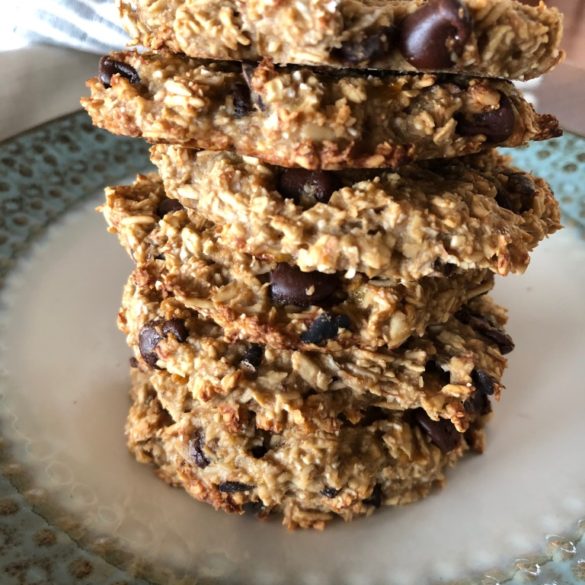
Ingredients
Instructions
Notes

